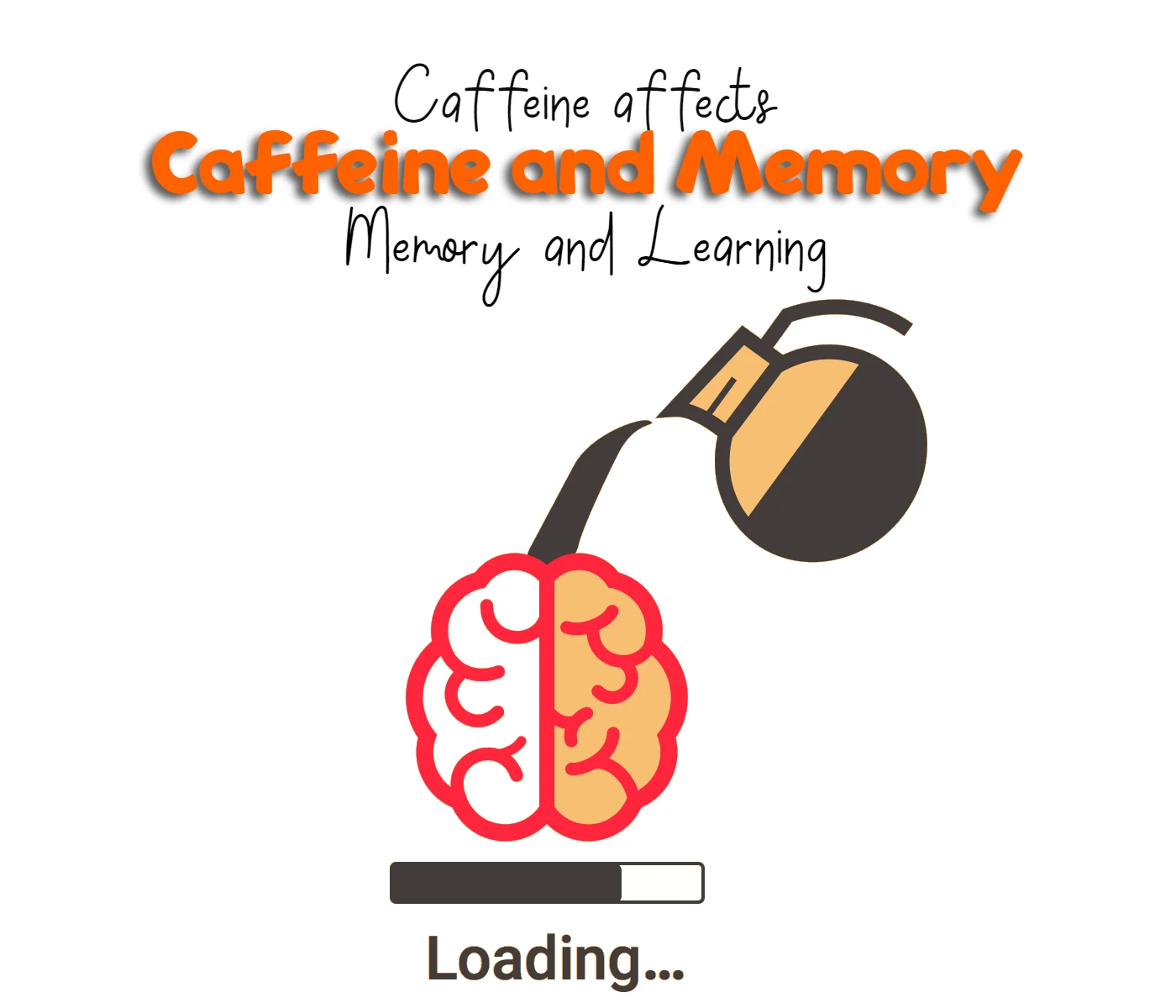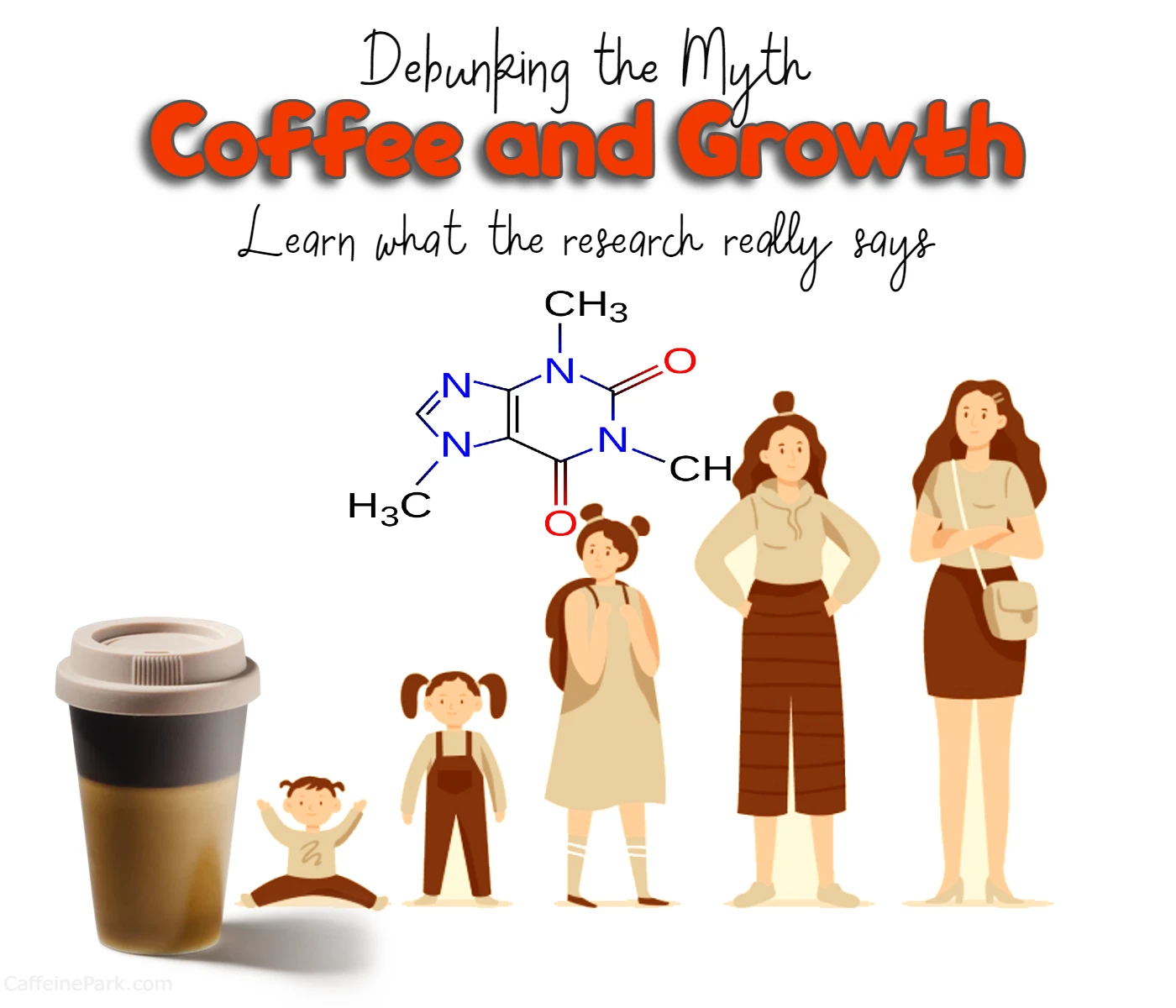
Welcome, readers! Do you ever rely on caffeine to help you power through a long day or study session? If so, have you ever wondered how it affects your memory and learning abilities? You’re not alone! The effects of caffeine on cognitive functions like memory and learning have been widely debated in the scientific community. In this blog post, we’ll explore the current research on how caffeine impacts memory and learning and what factors can affect these effects.
If you’re a student, professional, or just someone who wants to improve their cognitive abilities, understanding how caffeine affects memory and learning can be invaluable. By the end of this blog post, you’ll have a better understanding of the potential benefits and drawbacks of consuming caffeine for cognitive performance. So, grab a cup of coffee, settle in, and read to the end to learn more about the fascinating relationship between caffeine and memory and learning.
What is caffeine?
First, let’s define caffeine. Caffeine is a natural stimulant found in coffee, tea, chocolate, and some medications. It works by blocking the action of adenosine, a neurotransmitter that promotes sleep and suppresses arousal. By blocking adenosine, caffeine increases alertness and arousal, which can help you stay awake and focused.
Short-term memory and caffeine
The effects of caffeine on short-term memory (STM) are controversial. Some studies have shown that caffeine can enhance STM and working memory, which is the ability to hold and manipulate information in your mind for a short period of time. Other studies have shown that caffeine can impair STM and working memory, especially at higher doses.
One study found that caffeine can decrease the number and duration of “tip of the tongue” experiences, which is the feeling of knowing a word but being unable to recall it. This suggests that caffeine may improve short-term memory capacity.
However, another study found that caffeine can impair auditory memory, which is the ability to recall information presented through the auditory system. Participants who consumed caffeine recalled fewer words than those who did not consume caffeine.
Working memory and caffeine
Working memory is crucial for many cognitive tasks, including learning, problem-solving, and decision-making. It allows us to hold and manipulate information in our minds while performing other tasks. The effects of caffeine on working memory are complex and depend on several factors, such as dosage, timing, and task demands.
Some studies have shown that caffeine can improve working memory performance, especially for tasks that require sustained attention and vigilance. For example, one study found that participants who consumed caffeine performed better on a working memory task that required them to monitor and respond to stimuli over a long period of time.
However, other studies have shown that caffeine can impair working memory performance, especially at higher doses. One study found that participants who consumed high doses of caffeine (600 mg) performed worse on a working memory task that required them to switch between tasks and inhibit irrelevant information.
Time-of-day effects
The effects of caffeine on short-term and working memory can also vary depending on the time of day. Caffeine intake can have different effects on STM performance in the morning compared to the evening. As the effects of caffeine wear off, there may also be some impact on STM.
One study compared three groups of caffeine intake (low, medium, and high) during four daytime hours (01:00, 07:00, 13:00, and 19:00). People with low caffeine intake had decreased performance later in the day, compared to those with moderate and high-level caffeine intake.
State-dependent memory
Caffeine users may experience state-dependent memory effects, which means that memory performance is better when the encoding and retrieval states match. For example, a study asked two groups of participants to remember word lists, with half given caffeine and half given placebos. When brought back the next day, each group was split in half, with half given the same treatment they were encoded under, and the other half given the opposite treatment. The study showed that subjects who were under the same treatment in both encoding and retrieval outperformed the other groups.
Long-term memory
consumed a moderate dose of caffeine (200 mg) after learning a list of words had better long-term memory retention compared to a control group who did not consume caffeine. The participants who had caffeine were able to recall more words from the list 24 hours after learning, suggesting that caffeine can have a positive effect on long-term memory consolidation when consumed in moderate amounts.
On the other hand, other studies have shown that caffeine can have negative effects on long-term memory. For instance, some research has suggested that high doses of caffeine (over 300 mg) can impair memory retrieval and consolidation. In a study conducted by Kuhbandner and colleagues, participants who consumed 300 mg of caffeine had poorer memory recall compared to a control group who did not consume caffeine.
Moreover, the effects of caffeine on long-term memory can also vary depending on individual differences. For example, a study by Borota and colleagues found that caffeine had a positive effect on memory consolidation in individuals with a low caffeine intake, but not in those with a high caffeine intake. This suggests that caffeine may have different effects on long-term memory depending on an individual’s level of tolerance to caffeine.
Another factor that can influence the effects of caffeine on long-term memory is timing. Research has shown that consuming caffeine after learning can enhance memory consolidation, while consuming it before learning can impair memory encoding. In a study conducted by Schmidt and colleagues, participants who consumed caffeine after learning a list of words had better memory retention compared to those who consumed caffeine before learning.
Overall, the effects of caffeine on long-term memory are complex and can depend on several factors. While moderate doses of caffeine may have a positive effect on long-term memory consolidation, high doses and timing of caffeine consumption can lead to negative effects on memory retrieval and consolidation. Individual differences, such as caffeine tolerance, may also play a role in the effects of caffeine on long-term memory. Further research is needed to fully understand the complex relationship between caffeine and long-term memory.
Effect of caffeine on learning
Caffeine has also been found to have an impact on learning. Learning is the process of acquiring new knowledge and skills through experience, study, or instruction. Several studies have investigated the effects of caffeine on learning and have found mixed results.
Some studies suggest that caffeine can enhance certain types of learning, particularly when it comes to memory-based tasks. For example, one study found that participants who consumed caffeine before a memory task performed better than those who did not consume caffeine. Similarly, another study found that participants who consumed caffeine before a spatial learning task performed better than those who did not consume caffeine.
However, other studies have found negative effects of caffeine on learning. One study found that participants who consumed caffeine before a verbal learning task performed worse than those who did not consume caffeine. Another study found that caffeine had a negative impact on motor learning and skill acquisition.
The effects of caffeine on learning may also depend on individual differences. For example, some research suggests that individuals who are more sensitive to the effects of caffeine may benefit more from its cognitive-enhancing effects, while others may experience negative side effects such as anxiety, jitteriness, and sleep disturbances.
Overall, while the effects of caffeine on learning are still somewhat unclear, it is clear that caffeine can have an impact on cognitive function and may have the potential to enhance certain aspects of learning. However, as with any substance, it is important to be mindful of dosage and individual differences in sensitivity and to consult with a healthcare professional before consuming caffeine for cognitive-enhancing purposes.
FAQs
The effects of caffeine on memory are still a topic of debate among researchers. While some studies suggest that caffeine can improve short-term memory and working memory, other studies have shown negative effects on memory retrieval and consolidation. Additionally, the effect of caffeine on memory may vary depending on dosage, timing, and individual differences. It’s important to note that excessive caffeine consumption can have negative effects on health, including anxiety, insomnia, and increased heart rate.
The amount of caffeine that is safe to consume for memory benefits can vary depending on individual sensitivity and tolerance. However, it’s generally recommended to limit caffeine intake to 400 milligrams per day for healthy adults, which is roughly equivalent to four cups of brewed coffee. It’s also important to monitor the timing of caffeine consumption, as consuming caffeine too late in the day may interfere with sleep and negatively impact memory consolidation.
The effects of caffeine on learning are still a subject of research. Some studies suggest that caffeine can enhance cognitive performance and learning, while others have shown negative effects on learning and memory consolidation. Additionally, the effect of caffeine on learning may vary depending on dosage, timing, and individual differences. It’s important to note that excessive caffeine consumption can have negative effects on health, including anxiety, insomnia, and increased heart rate.
While the effects of caffeine on memory are still a topic of debate among researchers, there is some evidence to suggest that excessive caffeine consumption may have negative effects on memory retrieval and consolidation. Additionally, consuming caffeine too late in the day may interfere with sleep, which can negatively impact memory consolidation. However, more research is needed to fully understand the effects of caffeine on memory and cognitive function.
Read More:





